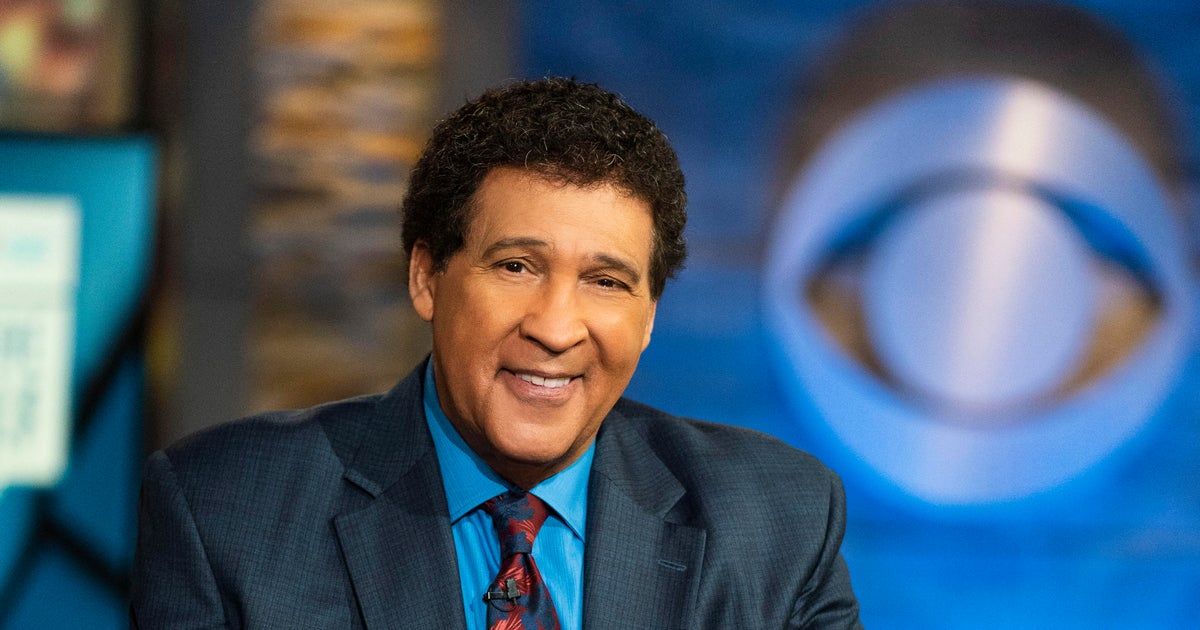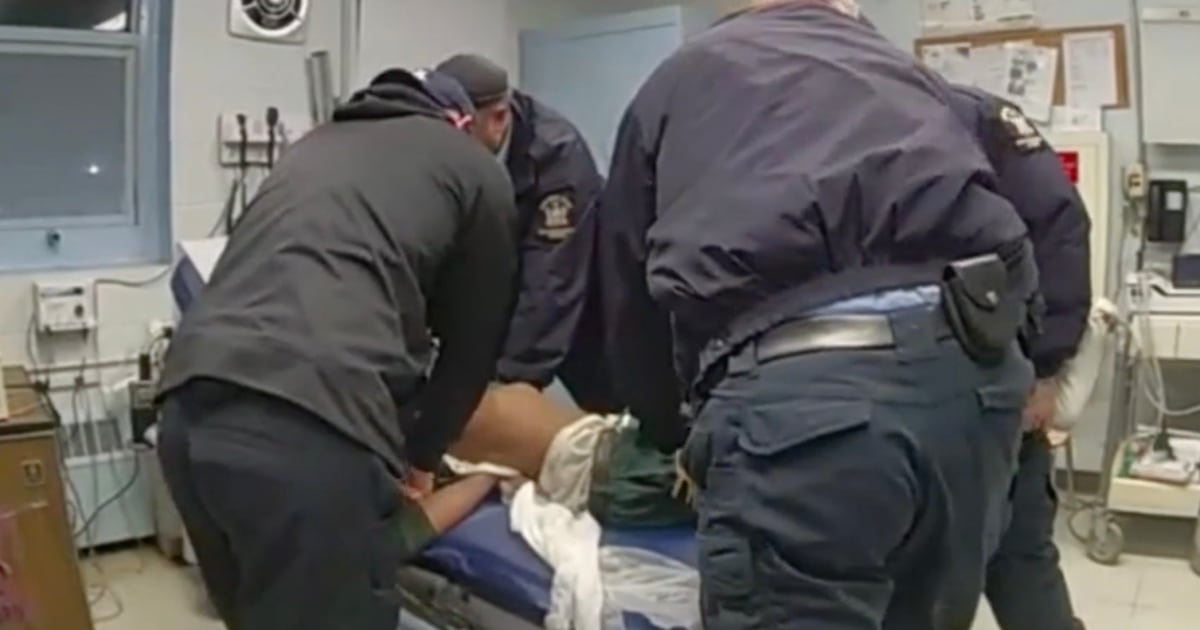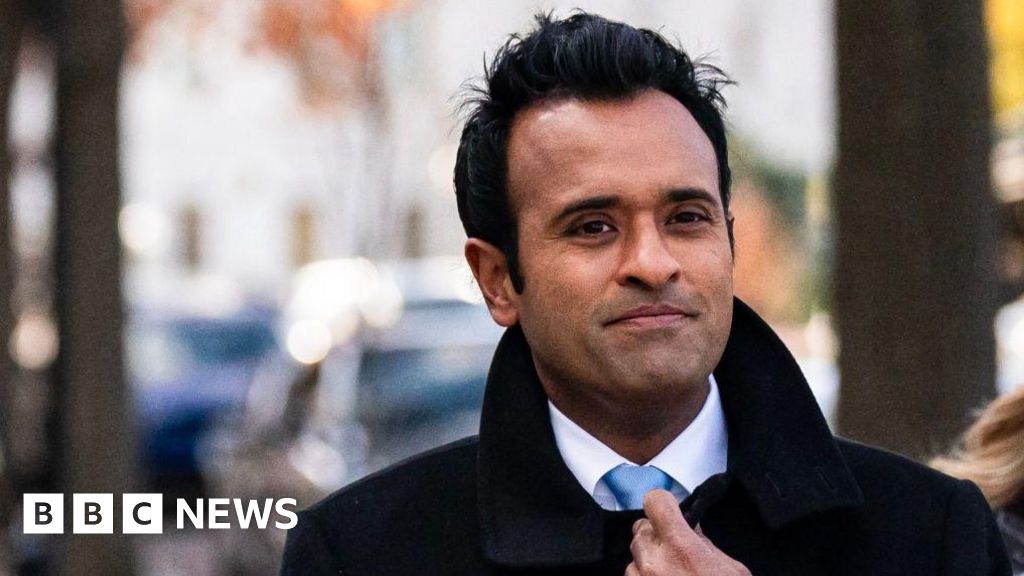World
Interim South Korean president impeached just 2 weeks after former leader ousted
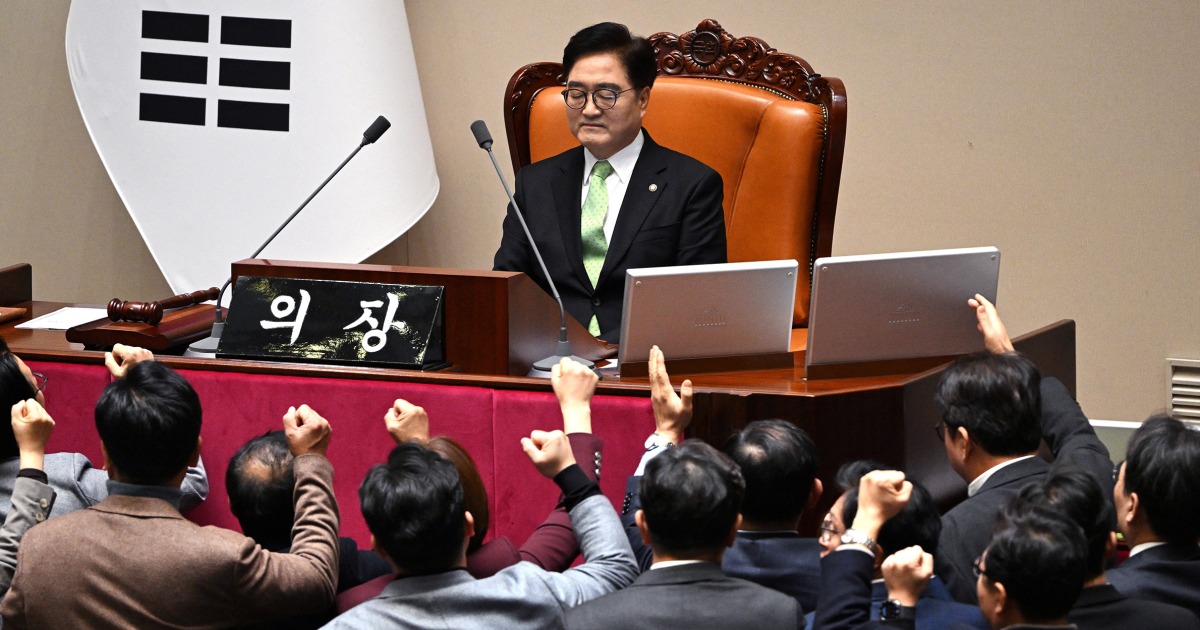
SEOUL, South Korea — For decades, South Korea was an example of a vibrant democracy and economy. On Friday, the key United States ally was in uncharted territory when legislators voted to impeach the acting president less than two weeks after ousting the country’s previous leader.
The ruling People’s Power Party surrounded the speaker’s podium following the vote to impeach acting President Han Duck-soo, chanting that the vote was invalid and accusing parliament of committing “tyranny.”
On Dec. 14, President Yoon Suk Yeol was himself impeached after attempting to declare martial law. Opinion polls conducted after Yoon’s bid to impose military rule showed overwhelming public support for his removal.
Choi Sang-mok, the former deputy prime minister and minister of economy and finance, replaced Han, becoming South Korea’s second acting president in two weeks.Following the impeachment, Choi said that the government had ordered the military to increase vigilance, citing the possibility that North Korea could exploit South Korea’s political instability to carry out acts of provocation.
“As a member of the Cabinet, I feel a deep sense of responsibility for the current situation and extend my heartfelt apologies to the people,” he said.
“At this moment, minimizing confusion in state affairs is of utmost importance,” Choi added, according to the statement his office sent NBC News. “The government will do its best to ensure stability in governance.”
“We should carry out a watertight preparation against North Korean provocation,” he said.
The plan to impeach Han — with 192 of the 300 legislators voting for the motion — was announced by the main opposition Democratic Party of Korea (DPK) on Thursday, after he refused to immediately appoint three justices to fill vacancies at the Constitutional Court.
“The only way to normalize the country is to swiftly root out all the insurrection forces,” opposition leader Lee Jae-myung said in a fiery speech, adding that the party was acting on the public order to eradicate those who have put the country at risk.
Before the vote, National Assembly Speaker Woo Won-shik said impeaching the acting president required a simple majority of lawmakers present, the same threshold as for impeaching a prime minister.While the ruling People Power Party argued that a two-thirds majority, the threshold for a presidential impeachment, was necessary, it decided its members would abstain from voting if only a simple majority was required.
“I respect the decision of the National Assembly and, in accordance with relevant laws, I will suspend my duties to avoid adding further confusion and uncertainty,” Han said in a statement shortly after the impeachment motion was passed against him.
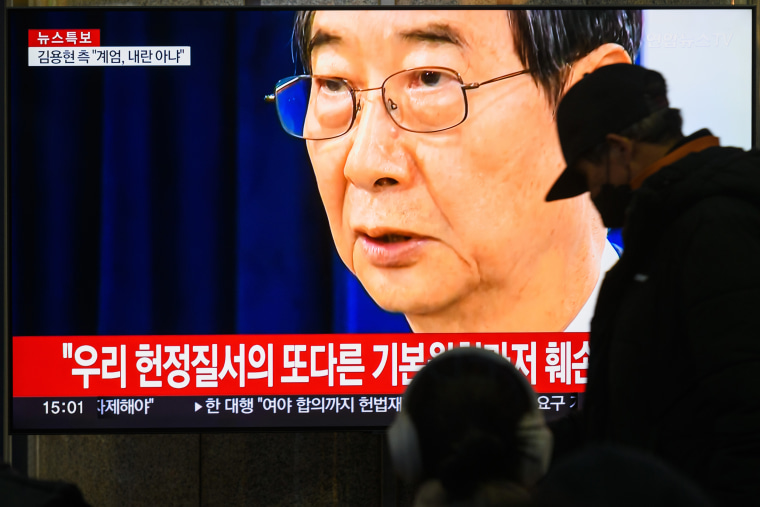
This situation raises significant legal and political challenges as South Korea navigates its first impeachment of an acting president.Han’s impeachment coincided with the Constitutional Court’s first hearing to review whether to overturn the impeachment and reinstate Yoon or remove him permanently from office, with a decision due in 180 days.







